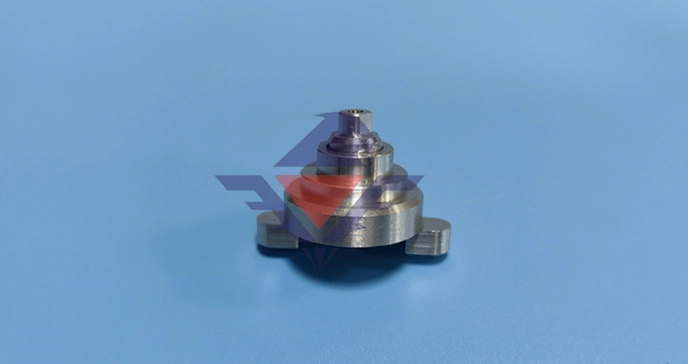
# Precision Swiss Screw Machining for Complex Components
## The Art of Swiss Screw Machining
Swiss screw machining represents the pinnacle of precision manufacturing for small, complex components. This specialized machining technique, developed in Switzerland during the late 19th century, has evolved into an indispensable process for industries requiring tight tolerances and exceptional surface finishes.
## Why Choose Swiss Screw Machining?
Modern Swiss screw machines offer several distinct advantages over conventional CNC machining:
– Exceptional precision for small diameter parts (typically 0.5mm to 32mm)
– Ability to maintain tight tolerances (±0.0002″ or better)
– Simultaneous multi-axis machining capabilities
– Reduced material waste through efficient bar stock feeding
– Excellent surface finishes without secondary operations
Keyword: Swiss Screw Machining
## Applications Across Industries
Precision Swiss screw machining serves critical needs in various high-tech industries:
### Medical Device Manufacturing
From surgical instruments to implantable components, Swiss machining produces the miniature, complex parts that modern medicine requires. The process excels at creating:
– Bone screws and orthopedic implants
– Dental components
– Micro-surgical tools
– Drug delivery system parts
### Aerospace Components
The aerospace industry relies on Swiss machining for:
– Fuel system components
– Sensor housings
– Actuator parts
– Avionics connectors
### Electronics and Microtechnology
As devices shrink, Swiss machining provides solutions for:
– Connector pins
– Micro-optics components
– Semiconductor parts
– Miniature fasteners
## The Swiss Machining Process
Unlike conventional lathes, Swiss-type machines guide material through a precision bushing close to the cutting tools. This unique approach provides superior support for long, slender workpieces, minimizing deflection during machining. The process typically involves:
– Bar stock feeding through the guide bushing
– Multiple tool stations working simultaneously
– Live tooling for milling and drilling operations
– Automatic part cutoff
– In-process quality verification
## Material Capabilities
Modern Swiss screw machines work with an extensive range of materials, including:
– Stainless steels (303, 304, 316, 17-4PH)
– Titanium alloys
– Aluminum (2024, 6061, 7075)
– Brass and copper alloys
– Plastics (PEEK, Delrin, Ultem)
– Exotic alloys (Inconel, Hastelloy)
## Quality Assurance in Swiss Machining
Leading Swiss machining providers implement rigorous quality control measures:
– ISO 9001 and AS9100 certified processes
– First-article inspection protocols
– Statistical process control (SPC)
– CMM verification of critical dimensions
– Surface finish measurement
– Material certification
## Choosing a Swiss Machining Partner
When selecting a Swiss screw machining provider, consider:
– Machine capabilities (number of axes, live tooling options)
– Experience with your specific component types
– Quality certifications and procedures
– Material expertise
– Secondary operation capabilities (heat treating, plating, etc.)
– Prototyping vs. production volume experience
The right Swiss machining partner can transform your complex component designs into precision reality, delivering parts that meet your most demanding specifications.